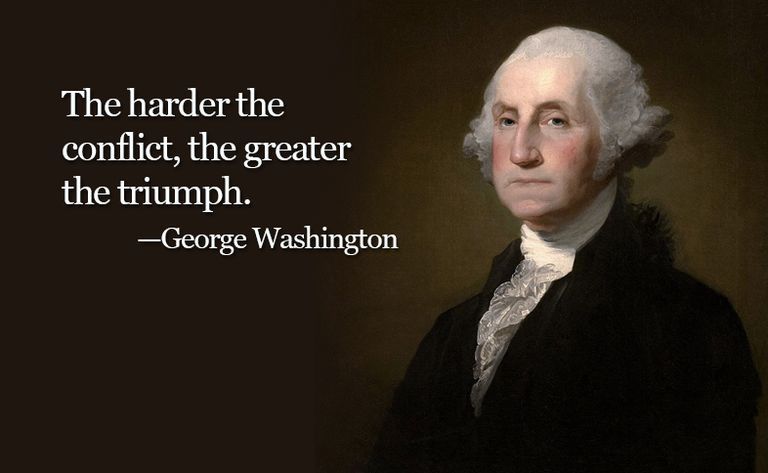This past weekend we saw another massacre with six people killed, including a 9-year-old child, and 15 wounded, a Congresswoman possibly mortally so.
The pundits instantly began to place the blame: Jared L. Loughner was crazy (duh). The murders are the fault of insanity. The fault of lax gun laws that allow an assault weapon with a 33-chamber clip in the hands of any disturbed young man. The fault of the NRA. The fault of Arizona’s pathetic mental health system (second worst in the country). The fault of Sarah Palin. The fault of the vitriolic discourse by media extremists of both the political left and right (but mostly right).
And who is thinking of the torment of the killer’s madness or the anguish his family must be feeling now? This is not an isolated event, just the latest massacre. We remember the killings at Columbine, Virginia Tech, the Oklahoma City bombing, the D.C. sniper. But what comes to mind for me is the shooting in 2006 of 10 little children in a one-room Amish schoolhouse, in the Old Order Amish community of Nickel Mines, in Lancaster County, Pennsylvania. Gunman Charles Carl Roberts IV took hostages and eventually shot 10 girls (aged 6–13), killing 5, before committing suicide in the schoolhouse.
I remember the way that community handled it: Immediately the community visited Roberts’ parents with offerings of food and support. Within a few days or weeks, work began on demolishing the school where the tragedy had occurred and the construction of a new one, lest the shadow of those deaths sink into the little children in the school and blight their trust in humans and in God. “Bad energy,” the Amish called it, as they moved their school elsewhere.
Jared Loughner should be punished, because there are consequences to an action. And then he should be given healing, not for his sake alone but for the sake of society itself—medications, therapy, usefulness, all the elements of angelic caring. And if he gets well and suffers remorse for his actions, then forgiveness too.
To forgive is not to condone the action. Neither does it mean to forget. Nor does it mean you let the perpetrator go free, unshackled from the consequences of his act. It means simply to recognize that he too is a victim, in this case of both mental illness and ignorant neglect.
Forgiveness means to shift our attitude to a higher spiritual plane, and to see the so-called “enemy” with the compassion we would want extended to ourselves. We forgive not for the benefit of the other but for ourselves, for our spiritual well-being. We forgive so that we don’t drag ourselves into the mire of bitter rage and unhappiness, so that we’re not caught by the demons of vengeful bad energy.




